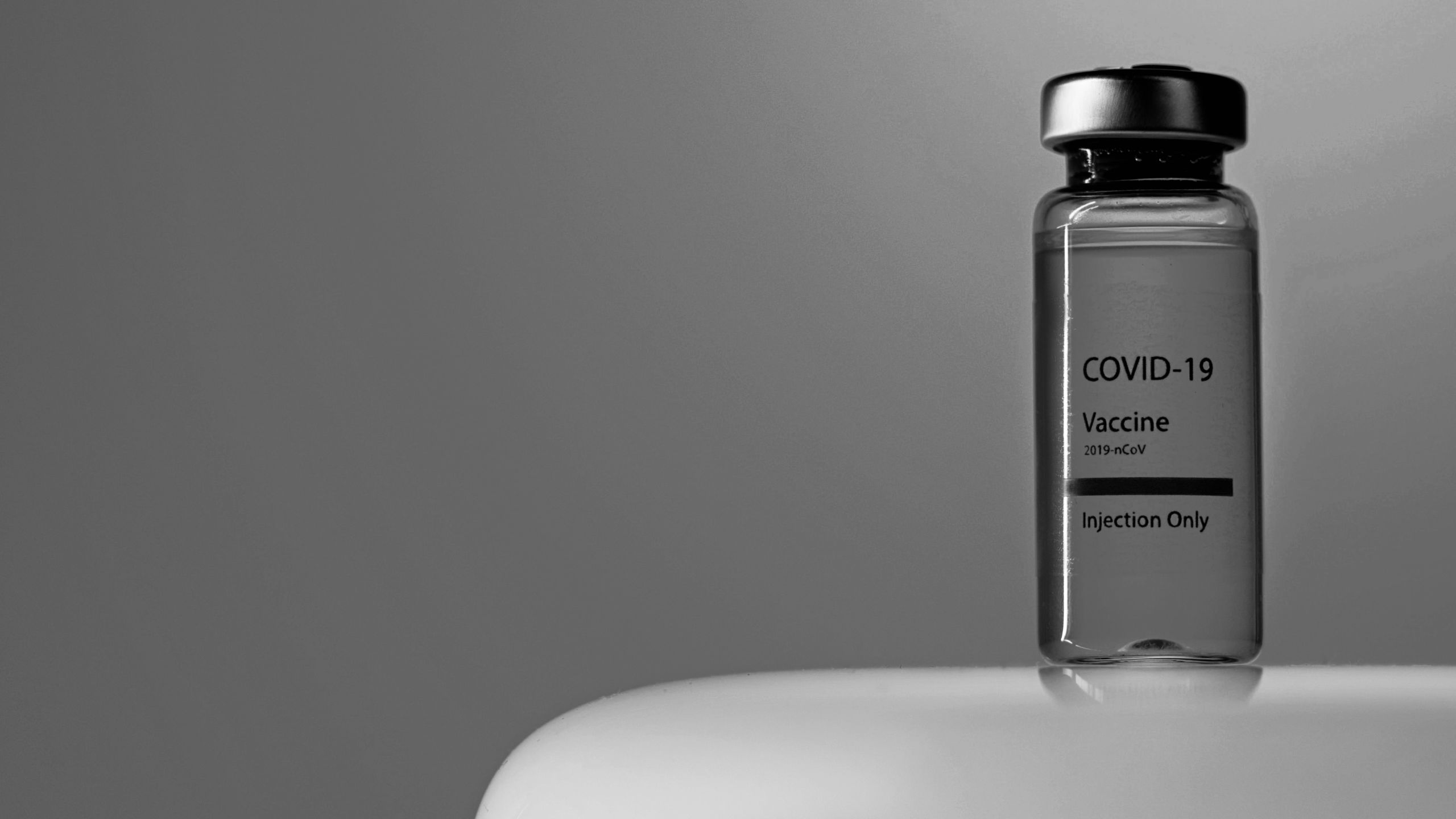'The first period after my vaccine was the heaviest I've ever experienced - I was close to seeking medical help'
Women share their experiences of how the COVID-19 vaccine has affected their menstrual cycles

Thousands of women have reported changes to their menstrual cycle after receiving the COVID-19 vaccine, but this is yet to be added to the official list of side effects.
Early, late, missed, heavy and painful periods are amongst the menstrual changes experienced by women after receiving the vaccine.
But there is no official research to suggest their symptoms are valid.
So instead of consulting doctors or medical professionals, women have been taking to social media to express their concerns.
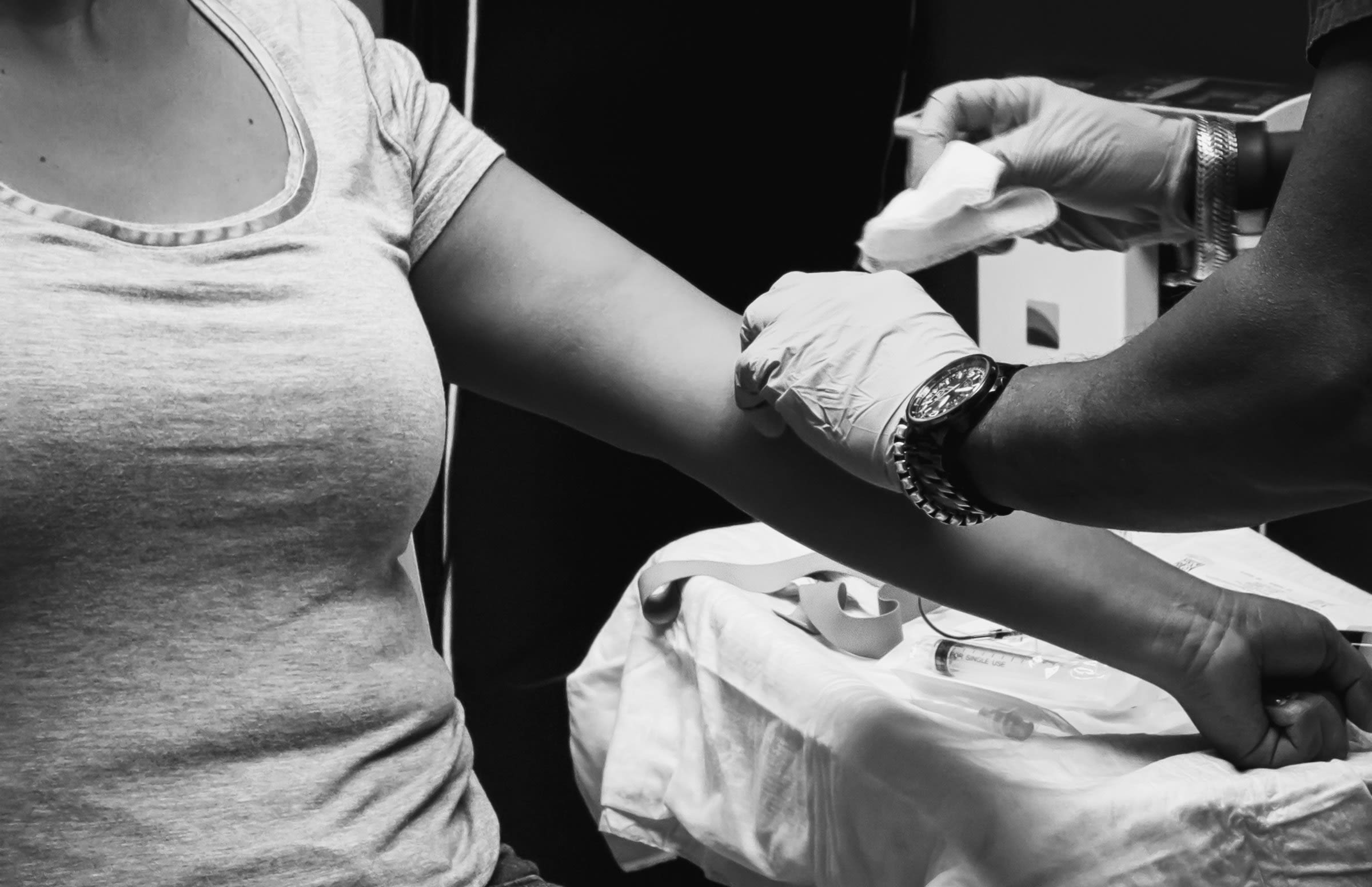
Almost 90% of women have experienced menstrual changes since receiving the COVID-19 vaccine
According to the Medicines and Healthcare products Regulatory Agency (MHRA) more than 13,000 women have used the Yellow Card Scheme to report experiencing menstrual changes after receiving the COVID-19 vaccine.
The Yellow Card Scheme provides the opportunity for the public to report problems experienced with medicines or medical devices. The MHRA will review the issue and if necessary, take action to minimise risk to patients.
A poll I conducted on Twitter found that 87.2% of 234 women surveyed experienced changes to their menstrual cycle after receiving the vaccine, with 41.6% of those experiencing missed or late periods.
Did you notice a change in your period after having the COVID-19 vaccine?
— E-J (@emilyjaneheap) July 28, 2021
If so, what change did you notice?
— E-J (@emilyjaneheap) July 28, 2021
Could there be a link between the COVID-19 vaccine and changes in the menstrual cycle?
Despite period changes not being listed on the official vaccine side effects, it is possible that there could be a link between the two.
Dr Victoria Male, a reproductive immunologist at Imperial College London, told the BBC there may be a physical menstrual reaction to the vaccine.
She explained that the womb lining is part of the immune system - immune cells play a role in building, maintaining and breaking down the lining of the uterus, which thickens to prepare for pregnancy and sheds if an egg is not fertilised.
After receiving a vaccination, chemical signals which have the potential to affect immune cells, circulate the body.
According to Dr Male, this could cause the womb lining to shed, and lead to spotting or earlier periods.
Medical experts are confident however that these side effects are temporary and will not cause any long term issues with fertility.
Doctors have taken to social media to share similar explanations - particularly on TikTok, which is popular amongst young women.
However, this doesn't explain why lots of women have experienced late or missed periods.
I spoke to women whose menstrual changes were so adverse after receiving the COVID-19 vaccine that they refused to accept it was coincidence.
'My periods have remained heavier and more painful than usual'
25-year-old Ella* from Scotland received her first dose of the AstraZeneca vaccine in February.
She has no underlying gynaecological health issues and has always had virtually painless periods.
After receiving the vaccine she noticed her periods were more painful than usual and she was passing large blood clots.
But it wasn't until her second dose that Ella started to become concerned.
She said: "The first period after my second vaccine was the heaviest I've ever had - I was close to seeking medical help because I thought something was wrong."
Ella's symptoms eased after a day or two so she decided against seeing her doctor, however her cycle has still not returned to normal.
She added: "My next period after that was one to two weeks later as well.
"My periods have remained very heavy and also more painful than usual.
"If this persists I may have to consult a doctor, as I fear I may become anaemic."
Ella has reported her symptoms using the Yellow Card Scheme in the hope that the next iteration of vaccine leaflets will be updated with these side effects.
She said: "A warning would've been good so it's not such a shock to the system.
"Having the information there alongside existing information would be extremely beneficial."
*Please note that some names have been changed or surnames omitted for privacy reasons
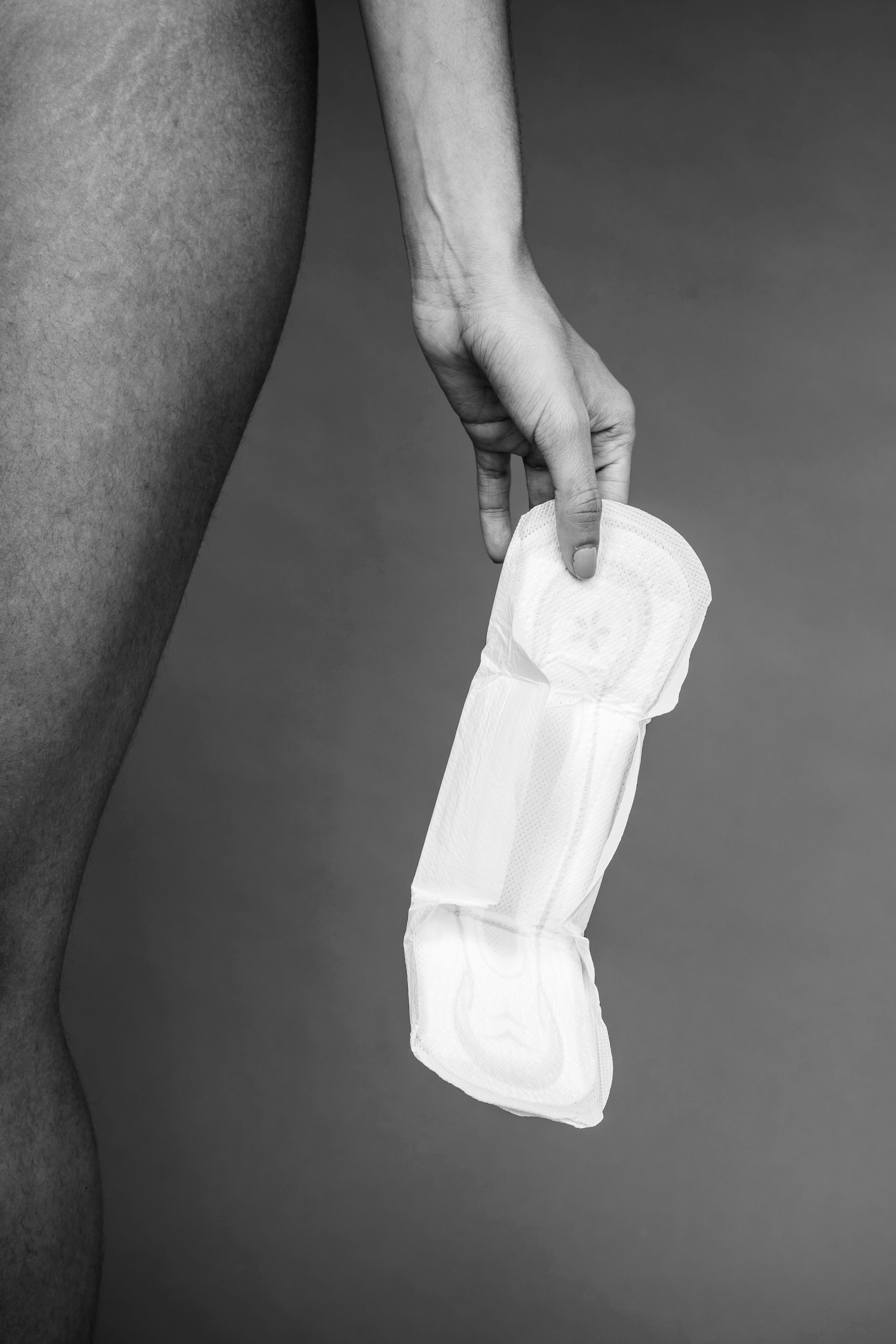
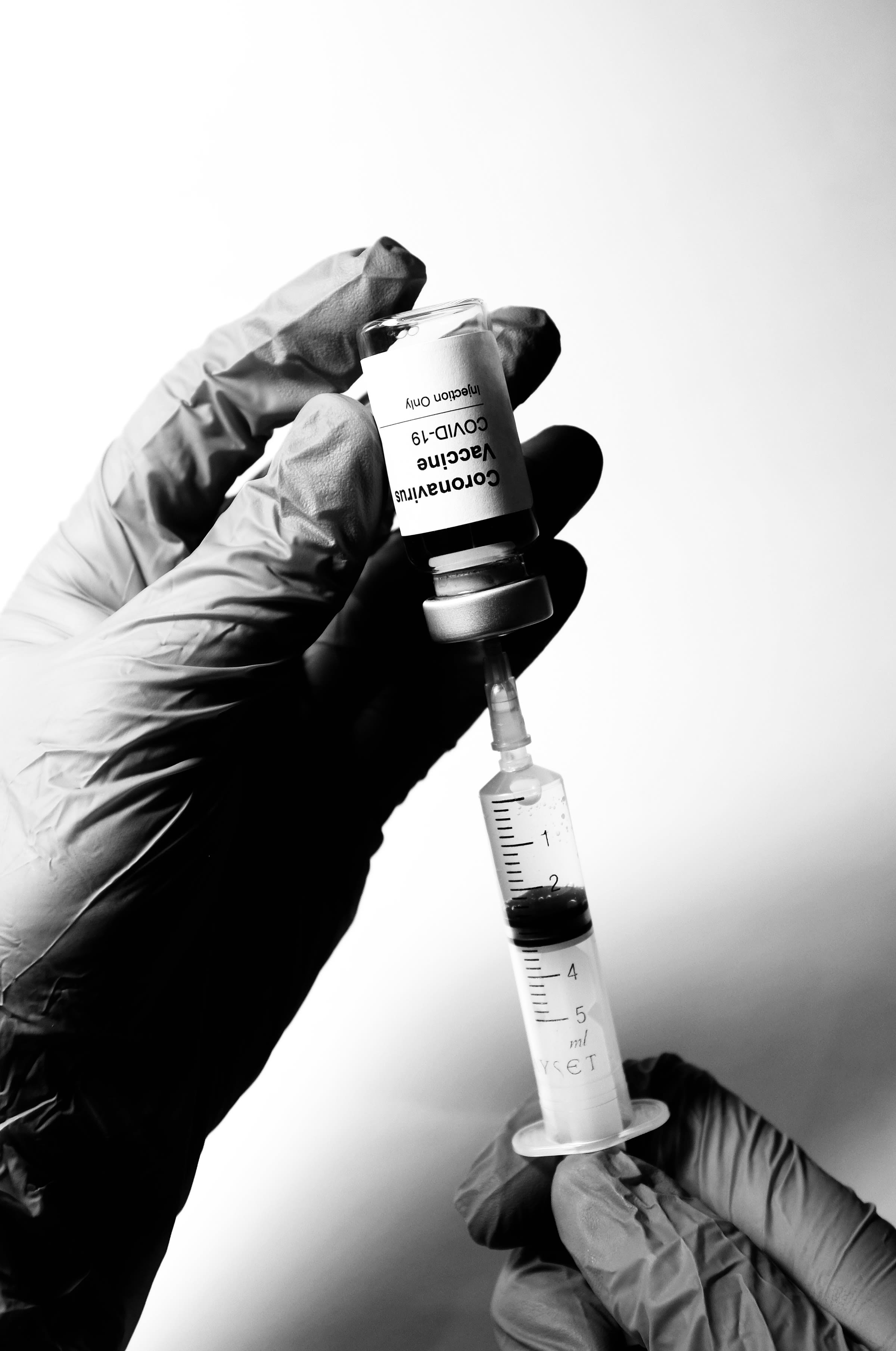
But Ella isn't the only one who has seen abnormalities in her menstrual cycle since being vaccinated.
Melody*, 23, has missed four periods since getting the Pfizer vaccine in April.
'I simply would not have received it had I known my cycle would be impacted'
She said: "I feel bloated constantly, my hormones feel out of balance, and I just generally don't feel like myself.
"Everyone I mention it to thinks I just developed a problem with my reproductive organs but I know my body so well and I can tell it's just not that."
Melody, from Indiana in the United States, has always had regular periods.
She believes the impact of the vaccine on women's periods was not taken into consideration due to science being a male dominated field.
However, Melody said had scientists been transparent about not knowing the extent to which the vaccine affects women's cycles, she believes many women would have opted out of receiving it.
She added: "I simply believe I would have not received it as a young woman in her twenties exercising caution, had I been made aware before that my cycle could be so significantly impacted in the process."
*Please note that some names have been changed or surnames omitted for privacy reasons
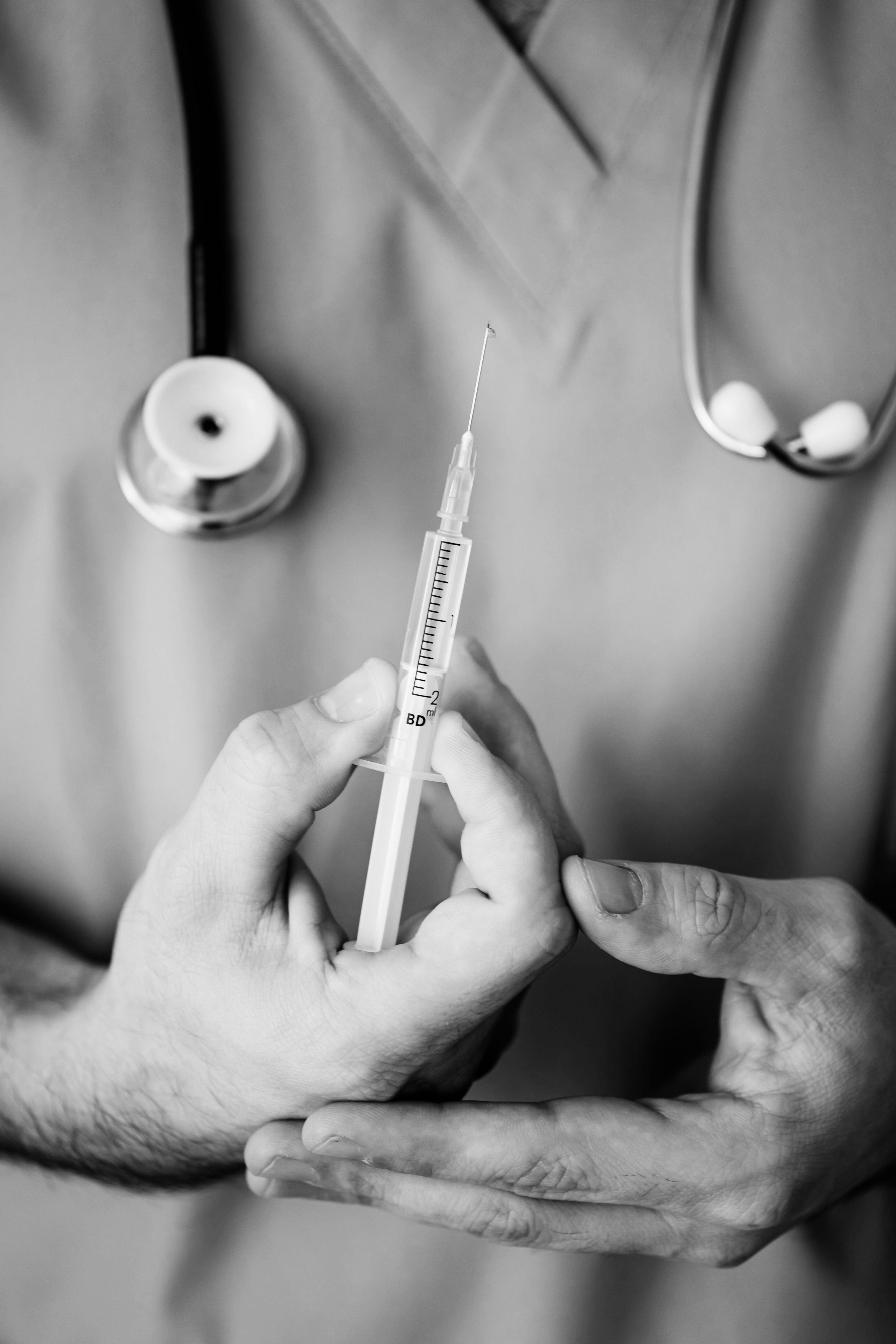
'I think it could be another case of issues which typically impact women being ignored'
Abigail* from Kent also received the Pfizer vaccine, but rather than missing periods she experienced much heavier and more painful bleeding.
She said: "My period was twice as heavy and much more painful than usual.
"I started on the contraceptive pill about three years ago to stop excessive period pain - the first period after my vaccination felt just as bad as before I started taking the pill, if not worse."
Abigail had no idea heavier periods could be a side effect of the vaccine.
She added: "It made me really worried, especially as initially I wasn't sure why the change had happened.
"Once I started seeing similar stories online I felt a little calmer, but I'm still concerned going forwards."
Abigail said she would have felt better if information about these side effects was more widely circulated.
She believes the lack of research is due to stigma surrounding women's health issues.
Abigail said: "I only started hearing about it once young people were getting vaccinated, who are more comfortable with talking about periods."
*Please note that some names have been changed or surnames omitted for privacy reasons

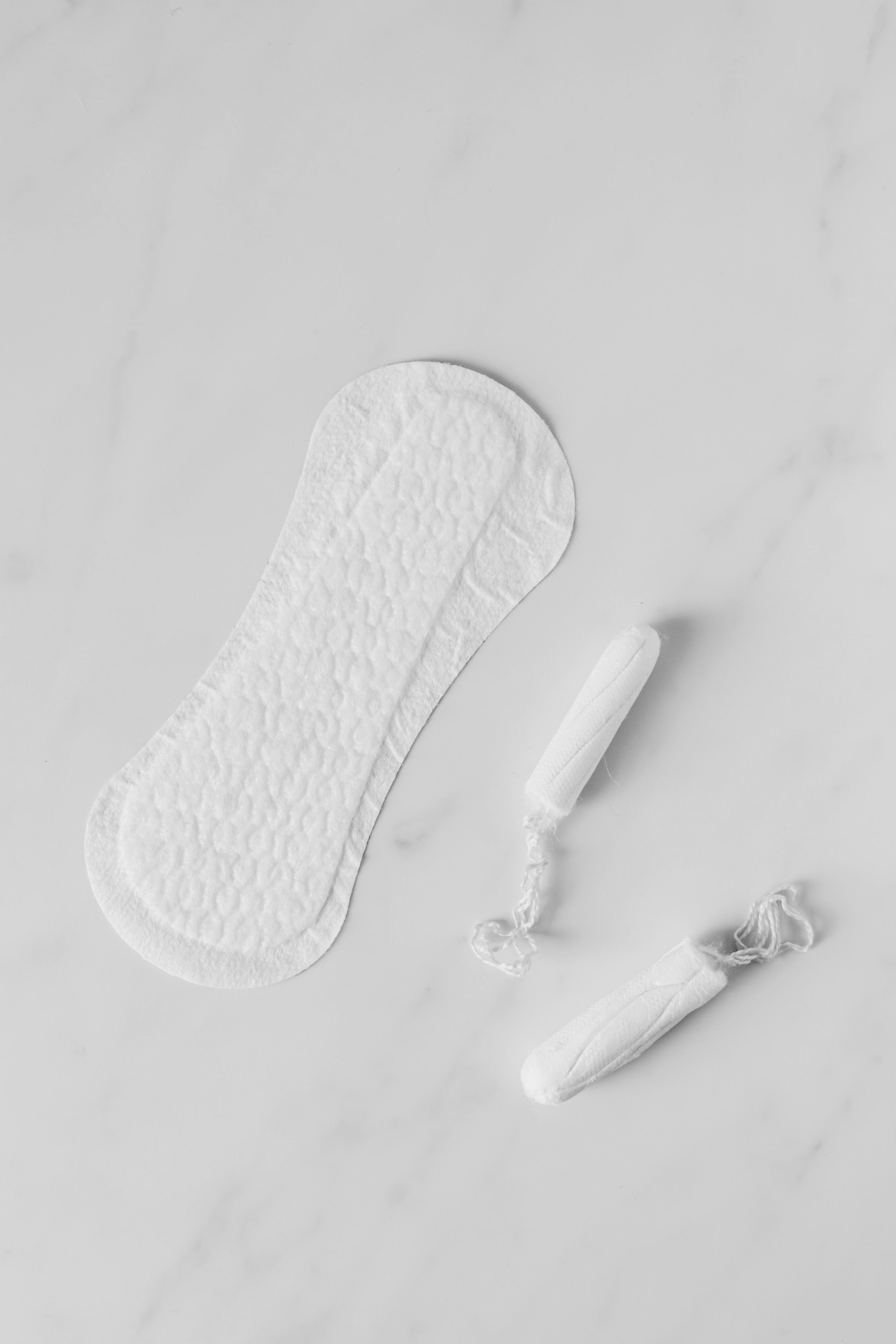
'We are seeing women getting really ill with COVID-19 and it's almost always women who are unvaccinated'
Despite the uncertainty surrounding the impact of the COVID-19 vaccine on the menstrual cycle, medical professionals have warned against opting out of receiving it.
Gynaecologist and obstetrician Dr Nitu Bajekal stressed that the side effects of the vaccine are temporary, whereas the side effects of becoming infected with COVID-19 can be long-term and far more serious.
One in eight people who have been infected with the COVID-19 virus will develop long-COVID - where symptoms such as fatigue, brain fog and breathlessness persist for months after contracting the virus.
Dr Bajekal also pointed out that other triggers could be playing a role in causing irregularities in periods, such as the stress of living in a pandemic.
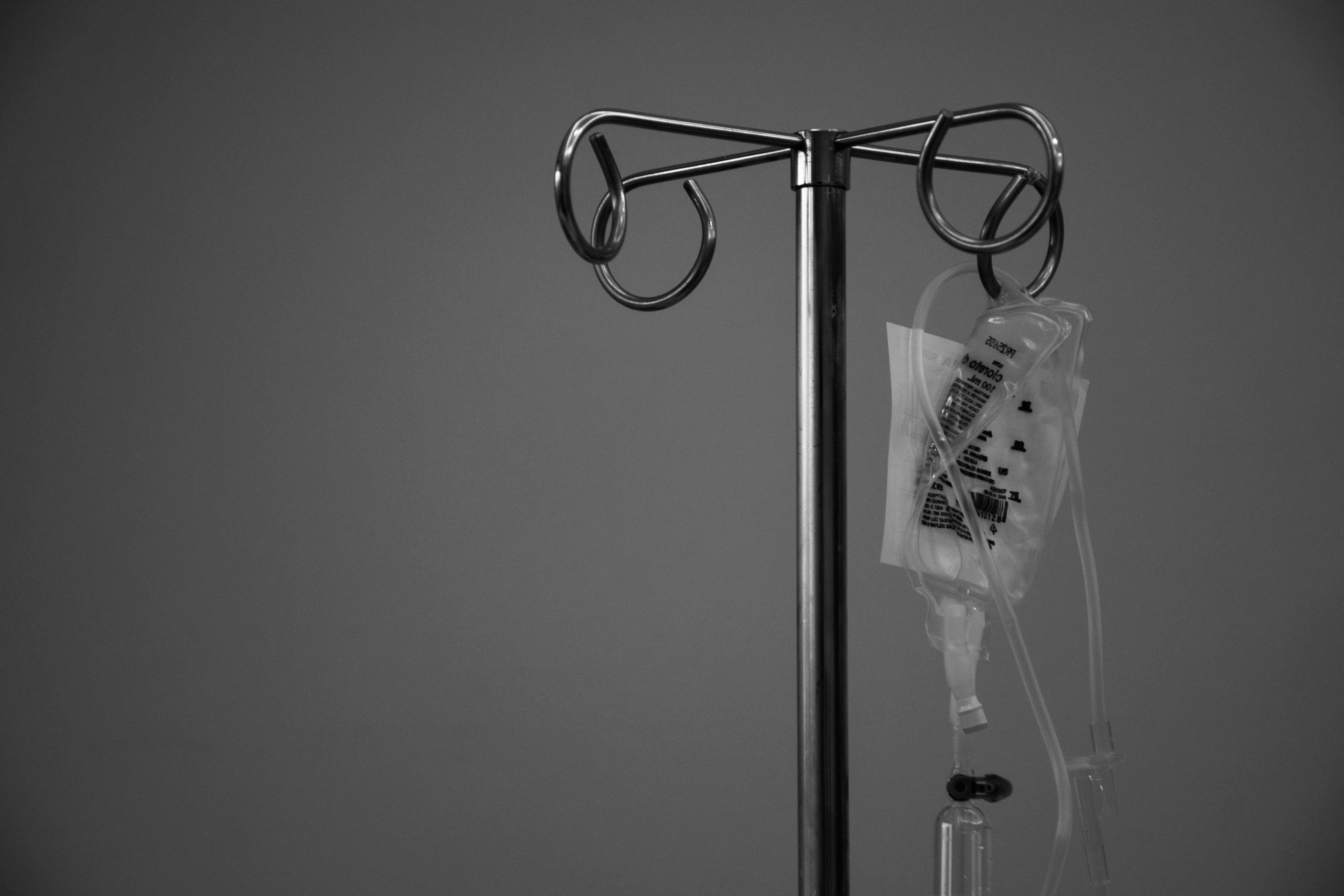
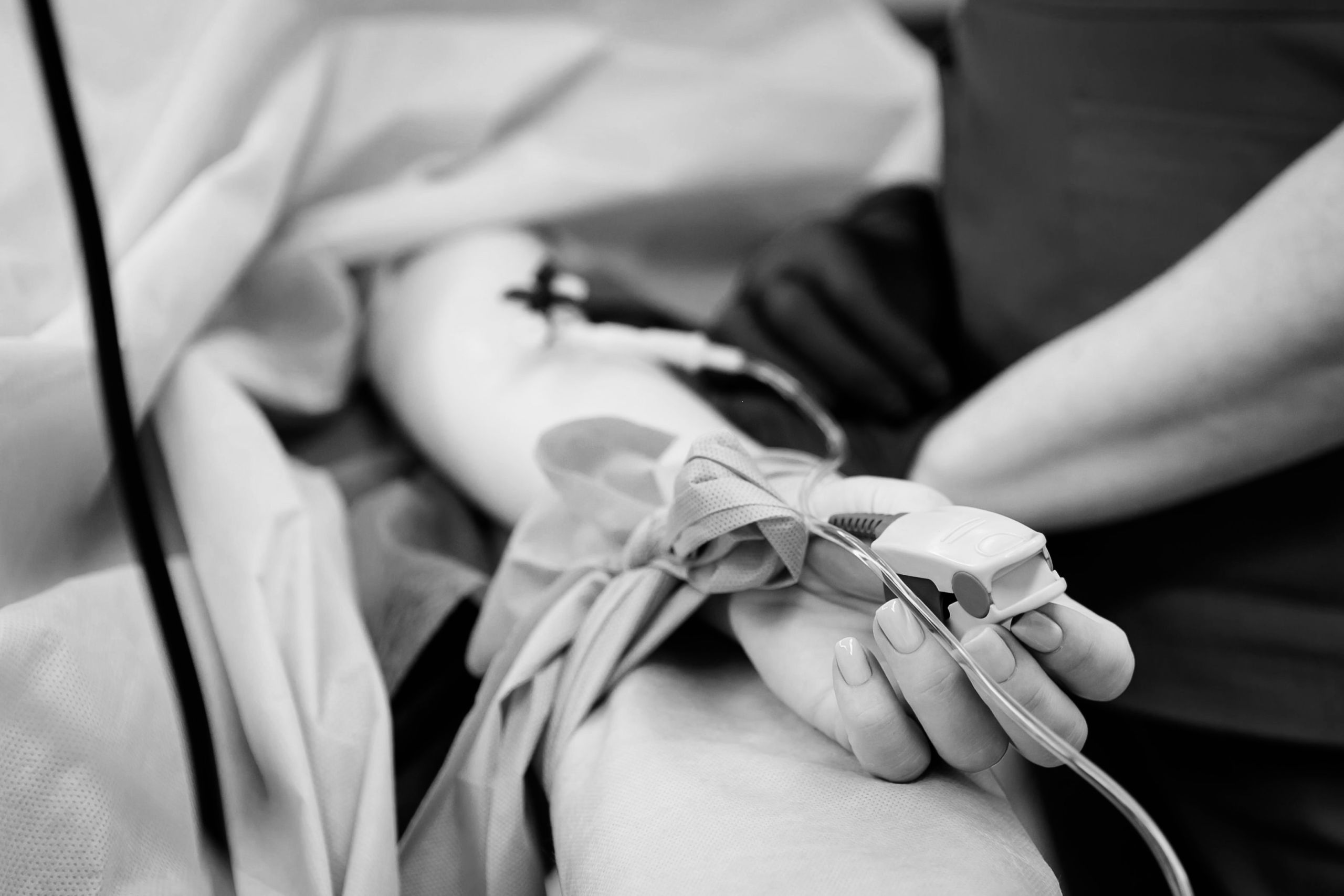
Despite suggestions from medical professionals like Dr Nitu Bajekal that the menstrual changes experienced by women could be a result of other factors, many women are still adamant the vaccine is the root of the issue.
'I haven't had my period in at least a year following my eating disorder relapse but after the vaccine my period didn't stop for three weeks'
Harriet Clifford, 26, from St Albans hadn't had her period in a year following an Anorexia Nervosa relapse.
However, after receiving her first dose of the Pfizer vaccine, she experienced a three-week period.
Harriet said: "It was quite heavy for much of the time and I was exhausted.
"Before my eating disorder and during prolonged times of recovery, my period has been very regular and usually only lasted for up to five days.
"The post-vaccine period I experienced was very unusual."
In addition to feeling exhausted, uncomfortable and fed-up, Harriet was concerned that something was wrong with her.
She only considered the vaccine might have played a role when she heard other women's experiences through friends and social media.
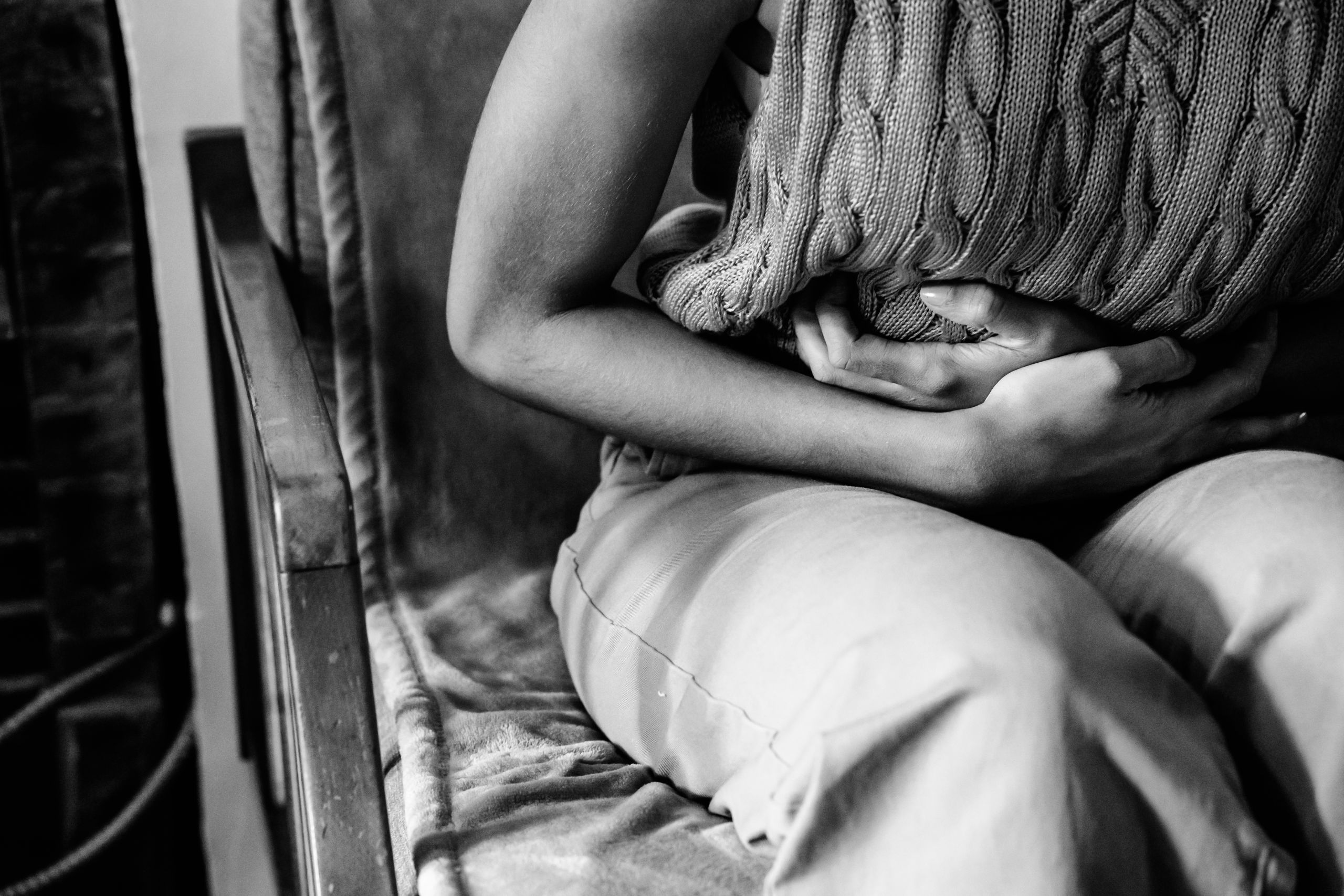
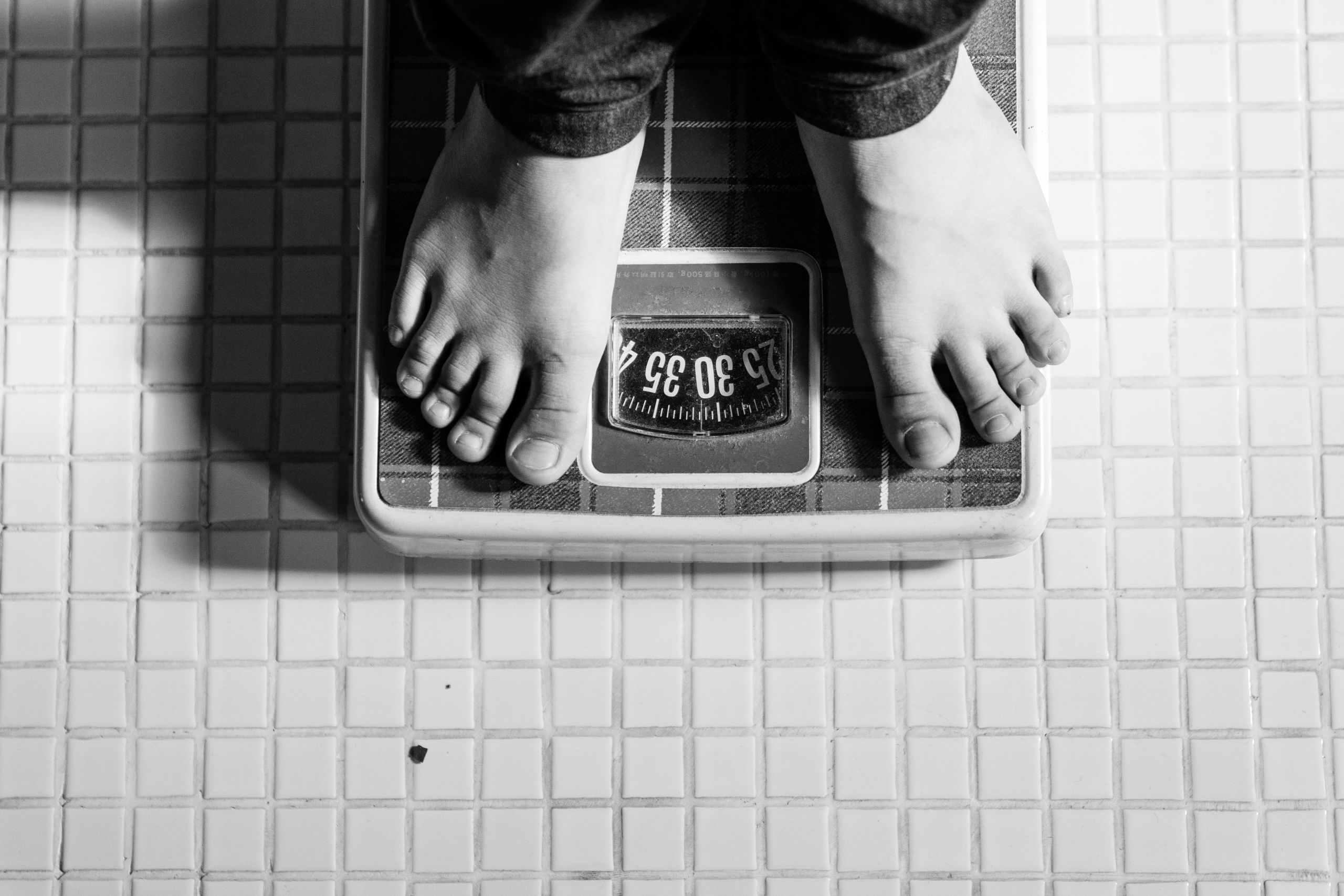
This was largely the same for most of the women who got in touch with me.
In fact, pretty much all of them said they came across my research when searching for answers about their menstrual changes on social media.
'We don't take women's pain as seriously as we do men's - medical sexism is definitely a thing'
Maddy Raven, 21, hasn't had a period since receiving her Pfizer vaccine in June.
She speculated that the lack of information around the effects of the COVID-19 vaccine on women's periods is due to medical sexism.
Maddy said: "I'm not a scientist, but it could be for the same reasons that male birth control wasn't okayed - we don't take women's pain as seriously as we do men's.
"Our period isn't really considered to be as important.
"Especially when the medical field's research is mainly still centered around using a white man as the control subject - medical racism and sexism are definitely a thing."

Dr Melanie Davis-Hall
GP and women's health expert
Dr Melanie Davis-Hall, women's health expert and in-house GP at The Lowdown, offers her professional insight into the relationship between the COVID-19 vaccine and the menstrual cycle.
She believes there could be a link between the COVID-19 vaccine and menstrual changes, however she also thinks it could be possible that the impact has been over-exaggerated, due to media scrutiny of the vaccine.
Where does this leave women experiencing menstrual abnormalities?
Women experiencing changes in their menstrual cycle are advised first and foremost to seek advice from their GP.
There are a huge range of factors that may influence your cycle, including stress, weight changes, smoking and certain medications.
Abnormal cycles can also be caused by underlying gynaecological conditions such as endometriosis, polycystic ovarian syndrome (PCOS), uterine polyps or pelvic inflammatory disease.
It's always best to get checked out by your doctor if you have any concerns about your reproductive health.
And whilst menstrual changes can be worrying, medical experts are certain these side effects are temporary.
Undoubtedly the biggest frustration for women however, is not the side effects themselves, but the lack of research around the vaccine's impact on periods.
The absence of information in this area has led to numerous women experiencing pregnancy scares or expressing concerns about their fertility.
Anyone who has experienced menstrual changes after receiving the COVID-19 vaccine is advised to report their symptoms via the MHRA Yellow Card Scheme.
If enough women report their symptoms, menstrual changes may be officially identified as a new side effect.

